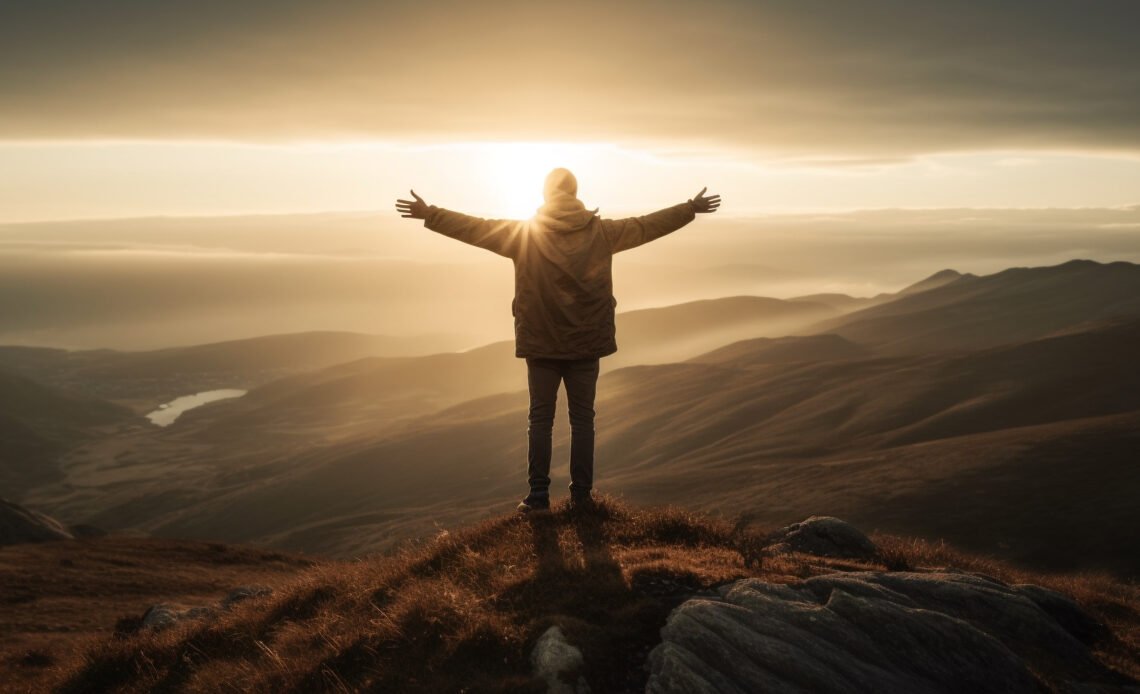
First published in The Hindu, 31 Aug 2025
Many of us grow up feeling we’re lacking in one or more ways. Our sense of inadequacy may stem from multiple sources. We may not be smart enough, fit enough, fast enough, funny enough, rich enough, popular enough or successful enough.As a result, we feel incomplete, fragmented and even broken. Our days are spent trying to fill in the lacunae in our being. We strive to get more marks, more likes, more money, more power and prestige. Our metrics-obsessed society goads us to compare and compete, creating a perpetual sense of paucity.
What if the narrative we hear is different? What if we are told that each of usis good enough as we are? In a blog post on Psych Central, Kimberly Miller defines self-worth as the “value you have by virtue of being you.” Further, you are not less or more valuable than other people. Regardless of who we are, where we live, what we have or what we do or don’t do, each one of us is imbued with an inherent self-worth. According to Miller, when people acknowledge their self-worth, they are more resilient when faced with setbacks while also being able to savour the joys of life more wholeheartedly.
Who are we?
We need to plumb our deepest depths to fathom who we are. In Unclouded by Longing, Christopher Goodchild writes that we need to go beyond superficial constructs of the self “into the deeper reality of who you really are.” We each have myriad identities that define our sense of self that may include our profession, nationality and relation to one other (like friend, daughter, colleague etc.). But these roles or identities are rather hollow. As Goodchild notes,”You are not a writer or a teacher; you are a being, being a writer and a teacher.” And it is this beingness, that is the birthright of every human being, from which our inherent self-worth springs.
Being aware of our inherent worth fosters a sense of connectedness with other human beings who are also worthy as they are. It helps us recognize that every person, though unique, is valuable. Differences between people don’t threaten us because deep down, we know that “everyone is on an even playing ground,” writes Miller. Even if people appear boring, mean or unlikeable, they too house a valuable core deep within them. Knowing this also alleviates pressure on ourselves to always appear likeable, cheerful and competent. We also become more forgiving towards ourselves and others. By appreciating our “shared humanity,” we find it easier to extend compassion to our fellow beings.
Just being
Miller also suggests some strategies for you to activate your “awareness and acceptance of your inherent self-worth.” Try to find a core group of people who believe and love you, no matter what. Who cherish you, whether you fail or succeed. When others around you appear stressed, reassure them of their self-worth. Byreminding others, you bolster your own “awareness in you.”Being in nature can help you connect with hidden facets within yourself.
You also need to be watchful of your social media habits.According to Miller, we only see “edited highlights” of other people’s lives on Facebook and LinkedIn. Endless and mindless scrollingcan exacerbateour deficiencies and insecurities. We need to remind ourselvesthat we share a deeper reality with others, that transcends all achievements and accolades.
Finally, we need to be more cognizant of our spiritual dimension. This may or may not necessarily be connected to religious experiences. As Goodchild notes, “We are not human beings having a spiritual experience. We are spiritual beings having a human experience.” Ironically, connecting with our inner depths helps us forge connections with others. If everyone of us on this planet feels worthy and recognizes the worthiness of others, the world will feel like the one large family it truly is.
The writer is visiting faculty at the School of Education, Azim Premji University, Bengaluru, and the co-author of Bee-Witched.

